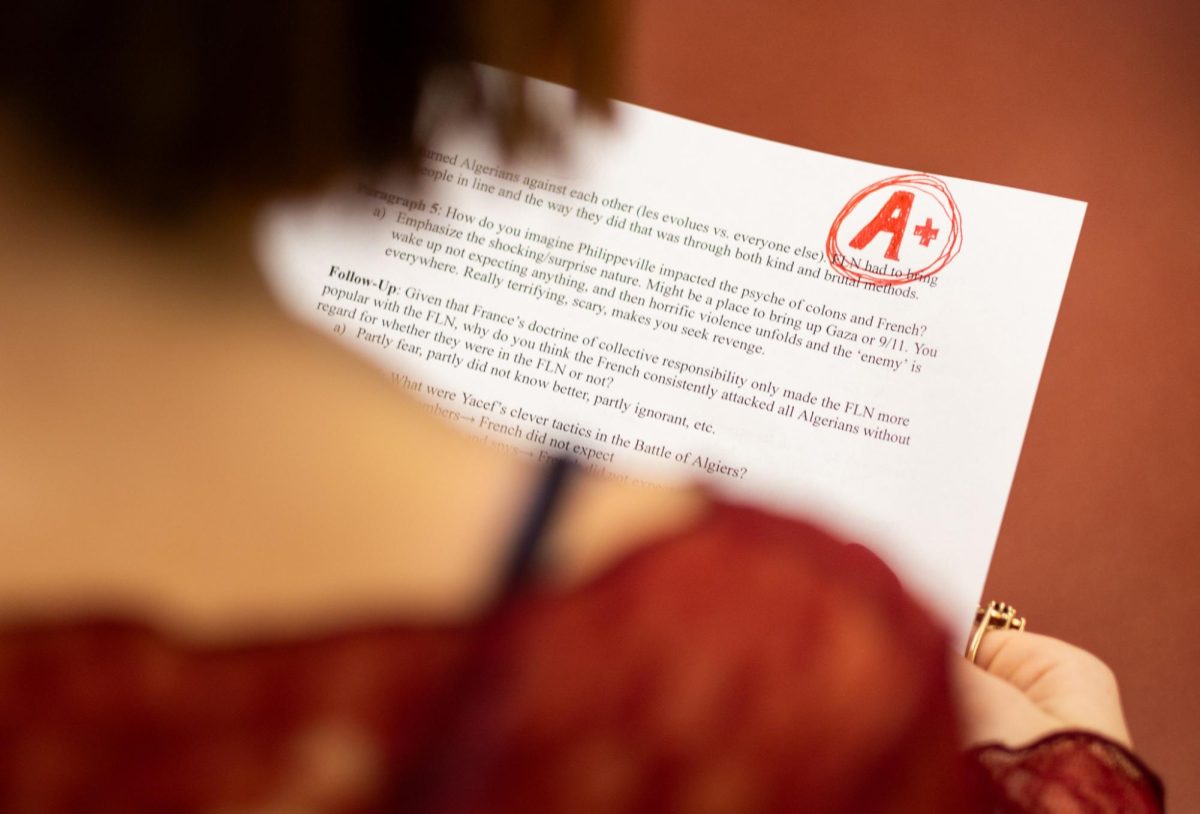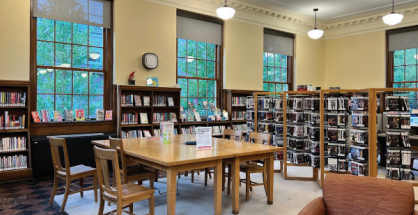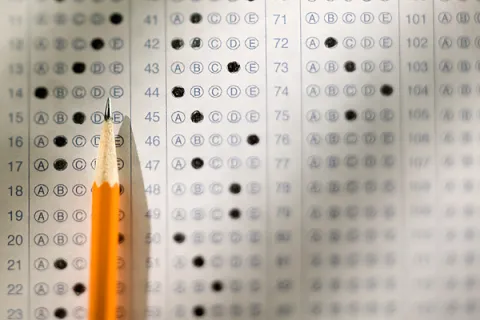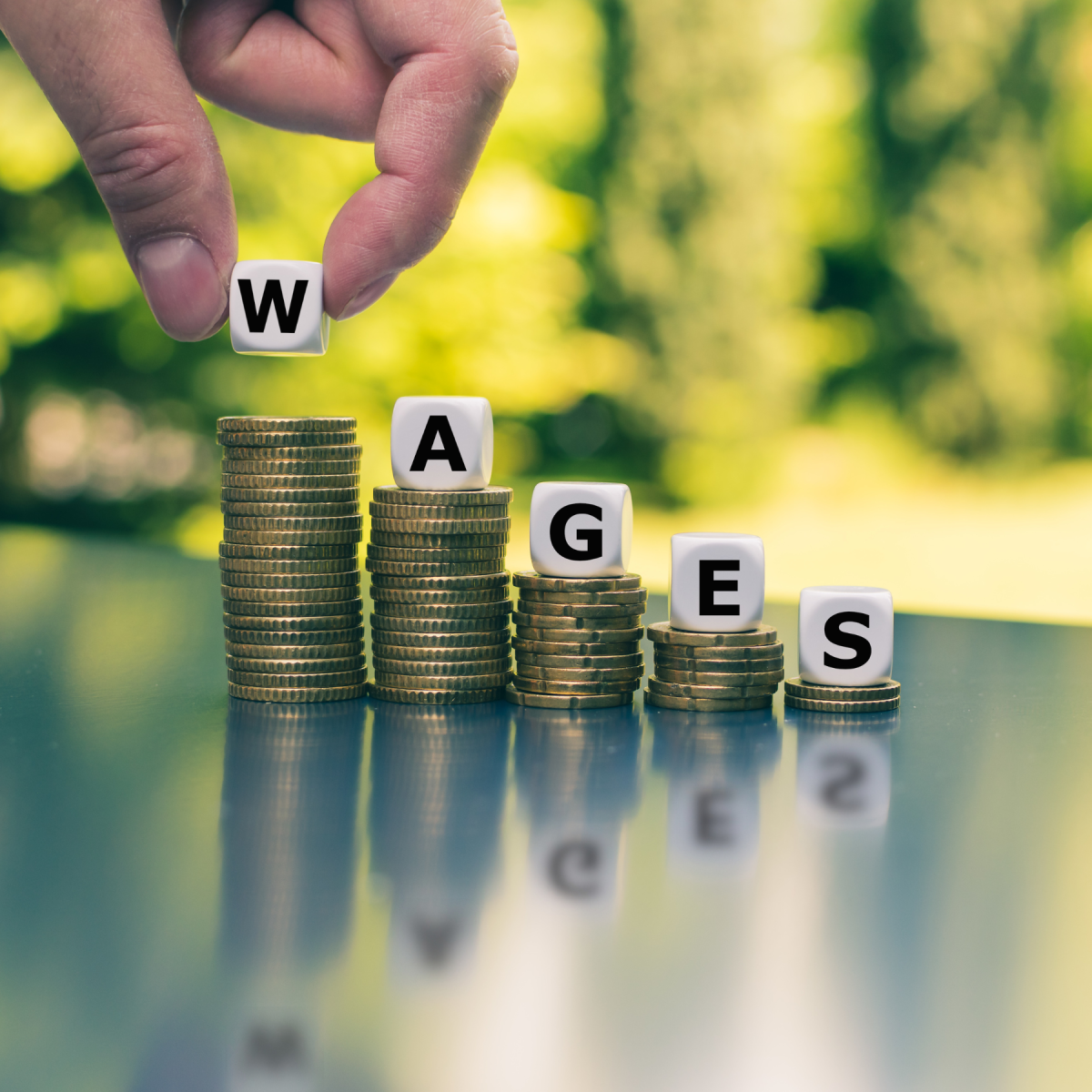There exists a growing epidemic of grade inflation at CRLS, and as a result, grades are no longer a measure of students’ academic performance but rather a commodity. The pervasive view of grades as a golden ticket to scholarships and prestigious colleges leads students and parents to place pressure on teachers to inflate grades.
Eleanor Berman ’24, told the Register Forum that although “school should be about the learning and not the grades,” students become obsessed with grades, and much of that obsession stems from “students [being] conditioned to care about [their] grades because of the weight [they], or so [they] are told, hold for [their] futures,” explained Berman. And no teacher desires to be or be seen as the reason a student doesn’t get into their dream school.
Conversations with teachers have given me insight into the challenges that teachers face when trying to maintain academic standards for grading, while also trying to meet the expectations placed on them. Often this balancing of the scales compromises the integrity of grades. Nathan Whitfield, a CRLS educator who teaches AP Calculus BC and AP Statistics, stated to the Register Forum that grades are horribly subjective and that “very often, grades come down to the whims of the teacher.”
Additionally, the school’s policy mandating educators not to grade below 50% is exacerbating this issue. Although well-intentioned, it inadvertently promotes grade inflation, sending the message that no matter how poorly a student performs, they are entitled to pass a class.
Grade inflation reduces students’ incentives to learn. Once students realize that they can receive high grades without much effort, their view on school shifts. Students’ motivation to engage with material dwindles. They no longer think about learning but rather what classes, APs, or teachers would secure them that easy A.
Most importantly, grade inflation robs students of the opportunity to fail, and thus learn from their mistakes. Growing through adversity is more than just a college essay; failure can be an incredible teacher. Without experiencing the discomfort of failure and overcoming it, students develop a skewed perspective on their own abilities and the true nature of education.
Students are lied to when their report cards show good grades despite their insufficient academic ability. While speaking with Mr. Whitfield, one statement stood out. “Do I believe that there are geniuses out there, roaming? Yes! However, statistically, I doubt that there are that many of them here, at CRLS.” Misleading report cards lead students to believe they are doing well, only to have their lack of preparation and skills come back to haunt them later on.
We should acknowledge the long-term consequences of grade inflation at CRLS. Only in doing so can we come together, students, teachers, and administration to put an end to these harmful practices that on the surface seem to be benefiting students when they actually aren’t.
This article also appears in our November 2023 print edition.














